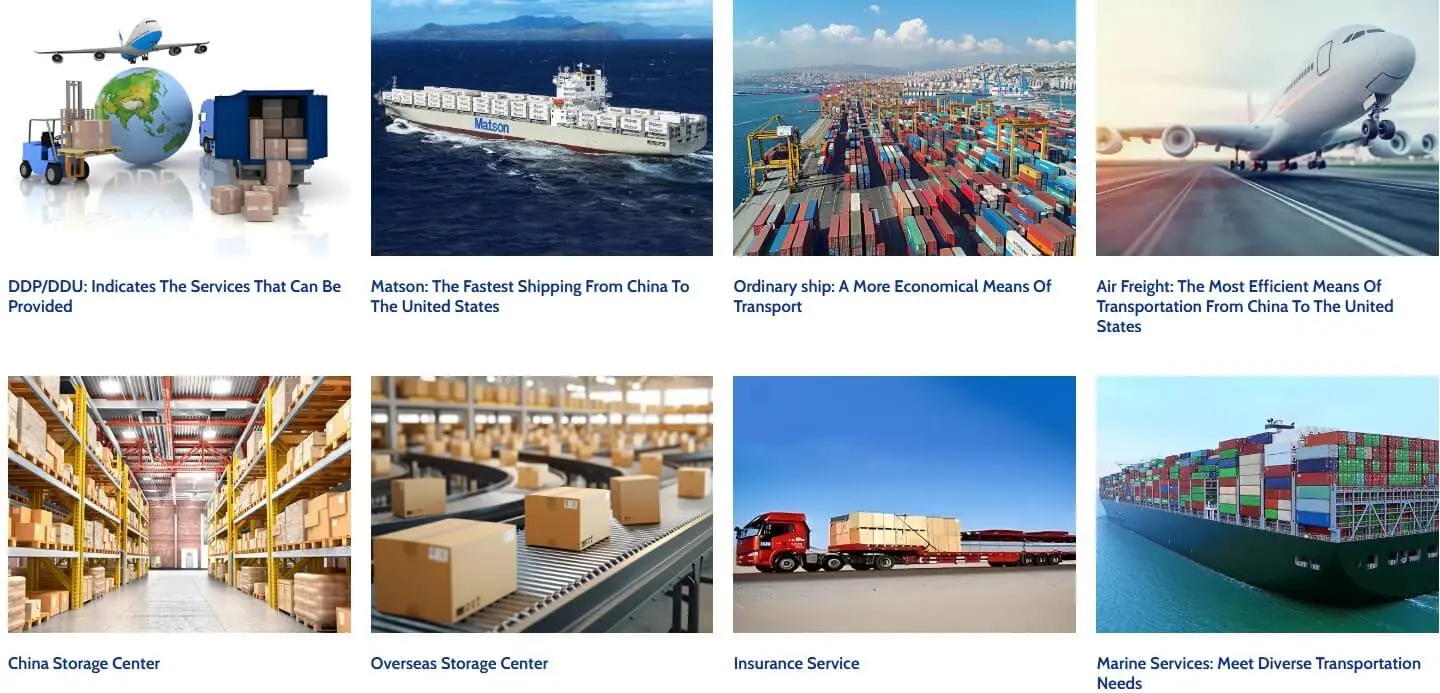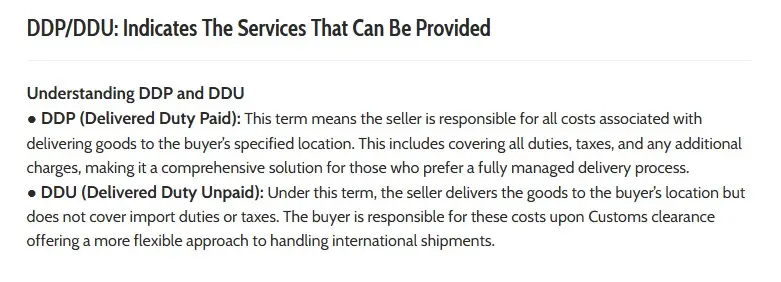Impact of Chittagong truckers' strike on Asia-Europe ocean cargo, air freight
In October 2023, Asia-EuropE Freight ocean fell sharply, down 30% from the end of September. This sharp decline can be attributed to a variety of factors, including changes in demand, seasonal trends, and logistical challenges. The root cause was the early arrival of the peak season due to the diversion of the Red Sea, which meant that a post-peak/pre-Lunar New Year lull in demand also started earlier this year.
Chittagong is one of the busiest ports in South Asia and plays a vital role in the movement of goods between Asia and Europe. A strike by truckers over pay and working conditions has led to a backlog of containers at the port. As trucks were idled, the flow of goods was severely disrupted, causing delays to goods originally destined for Europe.
Congestion caused by a three-day strike by port workers at US East Coast and Gulf ports has generally dissipated and does not appear to have put pressure on trans-Pacific freight rates, as prices have only eased this month. West Coast rates fell 19 percent to $5,540 per FEU in October, 32 percent below the July peak, as demand also eased after the end of the early season in North America.
Montreal port workers staged a one-day strike on Sunday after rejecting a government proposal to create a special mediator. The union announced another one-day strike at the port's two terminals on Thursday. Sunday's action, along with a three-day strike and an ongoing overtime strike earlier this month, has so far not caused major disruption to operations.
Prices are likely to remain high due to some congestion at European hubs as well as reduced capacity at European origin points due to strike delays.
Reports on the recent increase in air cargo volumes in Asia indicate that the peak season is coming.



















